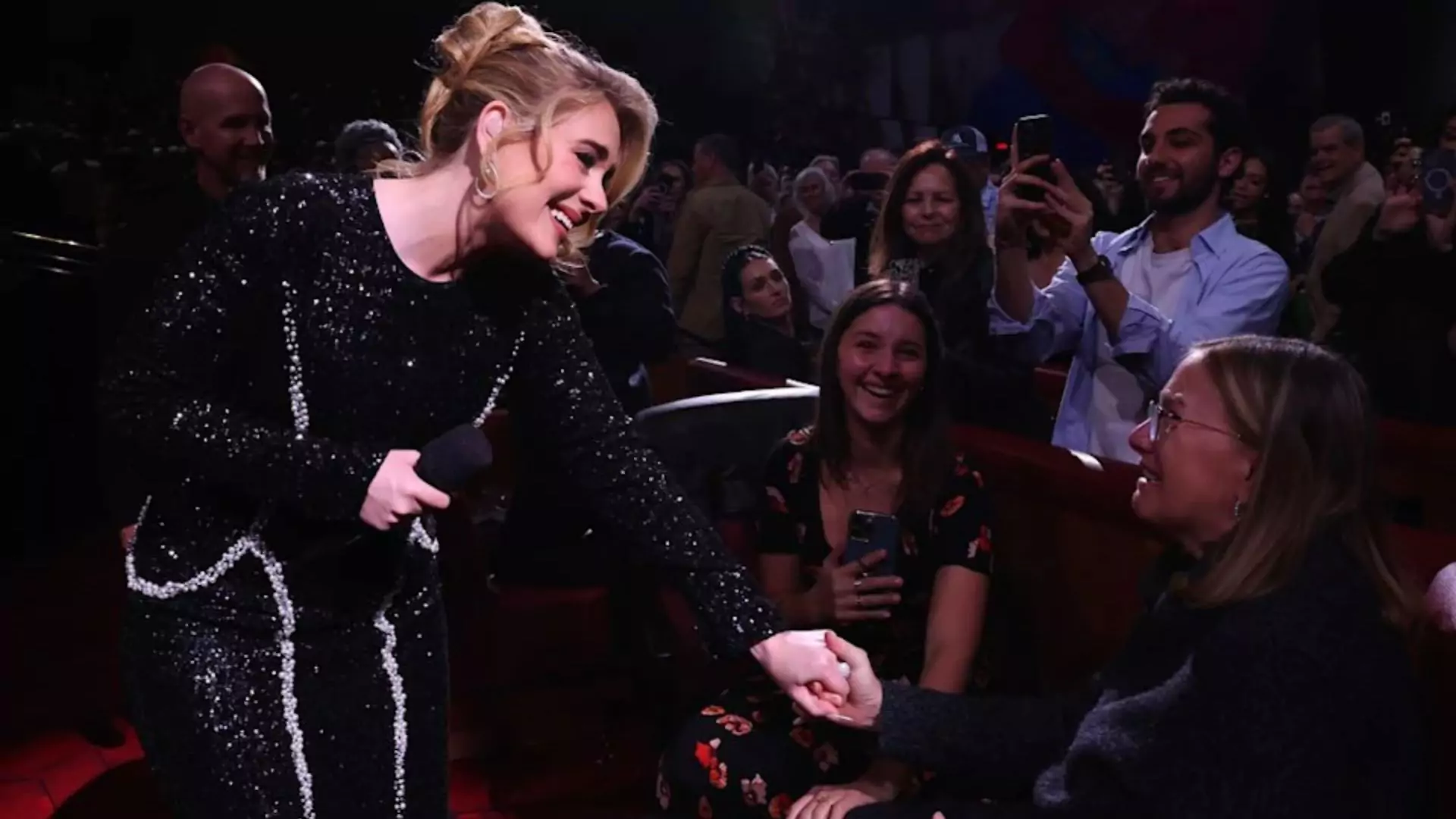Former general Prabowo Subianto was sworn in as Indonesia’s president on Sunday, marking a significant moment for the world’s fourth most populous nation. At 73 years old, the fiery nationalist aims to elevate Indonesia’s profile on the global stage while managing its substantial internal challenges.
A Promising Start
Prabowo officially took the oath of office at parliament, succeeding outgoing leader Joko Widodo. In his inaugural speech, he pledged, “I swear that I will fulfill the duties of the president of the Republic of Indonesia as best as possible and as fair as possible.” His commitment to a non-aligned foreign policy signals a willingness to engage boldly with international powers.
Foreign Policy Initiatives
One of Prabowo’s early actions as president was to make China his first official visit. This was followed by trips to several other countries, including Russia and Australia, where he signed key security agreements. His administration will now oversee Southeast Asia’s largest economy and the world’s largest nickel reserves, vital resources for future economic growth.
MUST READ: Canadian Police Says, ‘No Imminent Threat’ To Public From Alleged Indian Criminal Network
Election Victory and Promises
Prabowo’s rise to power came after a decisive victory in February, buoyed by support from his running mate, Gibran Rakabuming Raka, the son of Widodo. His campaign included ambitious proposals, such as a $28 billion free meal plan for children, which resonated well with voters. Dressed in traditional attire during his inauguration, Prabowo delivered a passionate speech emphasizing the need for a “peaceful democracy” and a commitment to combat corruption at all levels.
Security and Public Sentiment
Security was heightened in Jakarta for the inauguration, with approximately 100,000 police and military personnel deployed. As he paraded through the capital, tens of thousands of supporters lined the streets to witness his historic moment. While many celebrated his presidency, concerns linger about his past.
Controversial History
Prabowo’s military background is not without scrutiny. He has faced accusations of human rights abuses, including the alleged abduction of democracy activists in the late 1990s. Although he was discharged from the military, he has consistently denied these allegations and has never been formally charged. This history raises questions about what his presidency might mean for democracy and human rights in Indonesia.
A Shift in Image
In the recent election, Prabowo successfully rebranded himself as a more relatable figure, appealing particularly to younger voters. His social media presence, including sharing personal moments and showcasing a lighter side, helped reshape public perception. His choice of a young running mate, Gibran, also contributed to his appeal.
Looking Ahead
Prabowo faces a dual challenge: nurturing Indonesia’s robust economic ties with China while strengthening security relationships with the United States and Australia. As he embarks on this new journey, experts highlight the importance of balancing these interests to navigate the complexities of international relations.
With Prabowo Subianto now at the helm, Indonesia enters a new era filled with potential and challenges. His administration’s actions in the coming months will be closely watched, both domestically and internationally, as the nation seeks to solidify its place on the global stage.
ALSO READ: Boeing And Union Leaders Reach Tentative Strike Deal


















